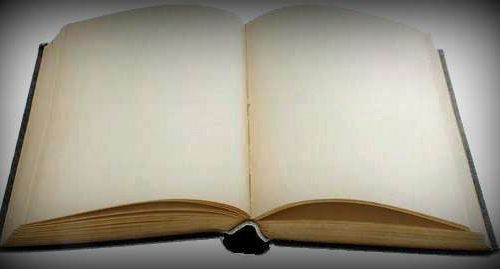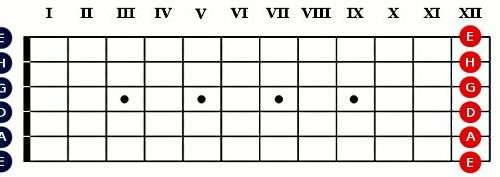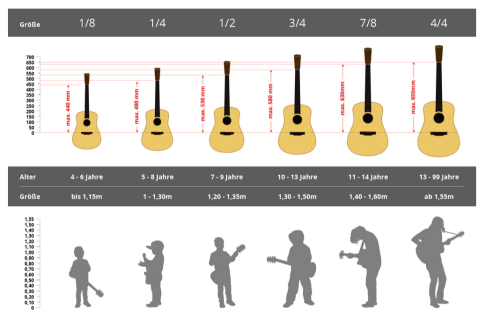
History of the vuvuzela
Everyone probably remembers the unusual African vuvuzela pipe, which was used by South African football fans to support their national team and create a special atmosphere at the 2010 World Cup.

The history of the creation of the instrument
This musical instrument is also known as lepatata. In appearance it resembles a long horn. In 1970, during the World Cup, a native of South Africa, Freddie Maaki, watched football on TV. When the cameras turned their attention to the stands, one could see how some fans blew their pipes loudly, thus giving support to their teams. Freddie decided to keep up with them. He tore the horn off his old bike and started using it at football matches. To make the tube sound louder and be seen from afar, Freddie increased it to one meter. South African fans were inspired by the interesting idea of their friend. They began to make similar tubes from improvised materials. In 2001, Masincedane Sport released a plastic version of the tool. Vuvuzela sounded at a height – B flat of a small octave. The tubes made a monotonous sound, similar to the buzzing of a swarm of bees, which greatly interfered with the normal sound on the TV. Opponents of the use of the vuvuzela believe that the instrument interferes with players’ focus on the game due to its loud noise.
The first vuvuzela bans
In 2009, during the Confederations Cup, vuvuzelas attracted the attention of FIFA with their annoying hum. A temporary ban was introduced on the use of the instrument at football matches. The ban was lifted following a complaint from the South African Football Federation stating that the vuvuzela is an important part of South African culture. During the 2010 World Championships, there were many complaints about the instrument. Visiting fans complained about the hum of the stands, which greatly interfered with both the players and the commentators. On September 1, 2010, UEFA introduced a complete ban on the use of vuvuzelas in football matches. This decision was supported by 53 national associations.




